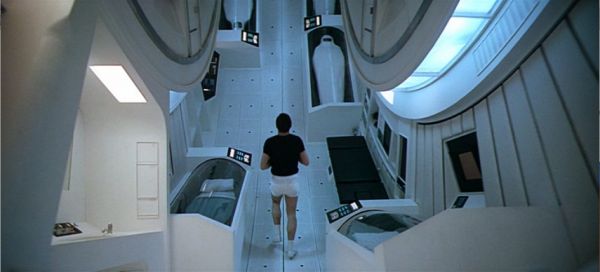Scientists
and doctors the UPMC Presbyterian Hospital in Pittsburgh, Pennsylvania,
are planning a clinical trial that cannot be scheduled, with subjects
that cannot be selected or screened, nor can they give informed consent.
They will be ten patients with normally fatal knife or gunshot wounds
which leads to massive blood loss and subsequent heart failure. They
call the technique “emergency preservation and resuscitation,” which we
know from science fiction as suspended animation.
The
technique involves replacing all of a patient's blood with a cold saline
solution, which rapidly cools the body and stops almost all cellular
activity. "If a patient comes to us two hours after dying you can't
bring them back to life. But if they're dying and you suspend them, you
have a chance to bring them back after their structural problems have
been fixed," says surgeon Peter Rhee at the University of Arizona in
Tucson, who helped develop the technique.
The technique has been used on pigs in experiments, with very encouraging results.
The
pig's heart usually started beating again by itself, although some pigs
needed a jump-start. There was no effect on physical or cognitive
function.
The technique will be used on ten
candidates who are brought to the emergency room, then the technique
will be analyzed and tweaked, and then on ten more patients. Since
informed consent will be impossible to obtain, there is a way to opt-out
online. So far, nobody has. Read about
what exactly will happen when the time comes at NewScientist.


No comments:
Post a Comment